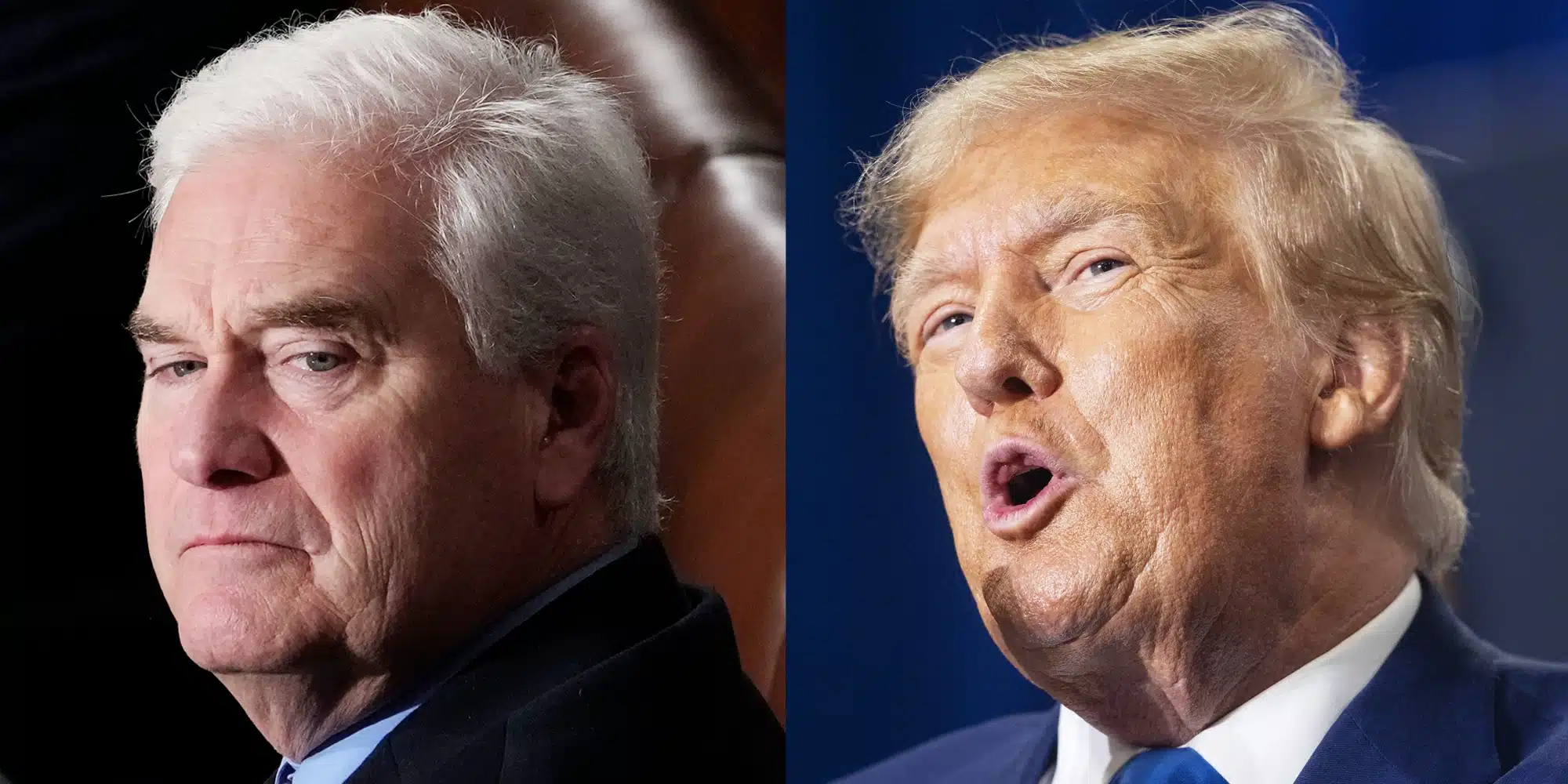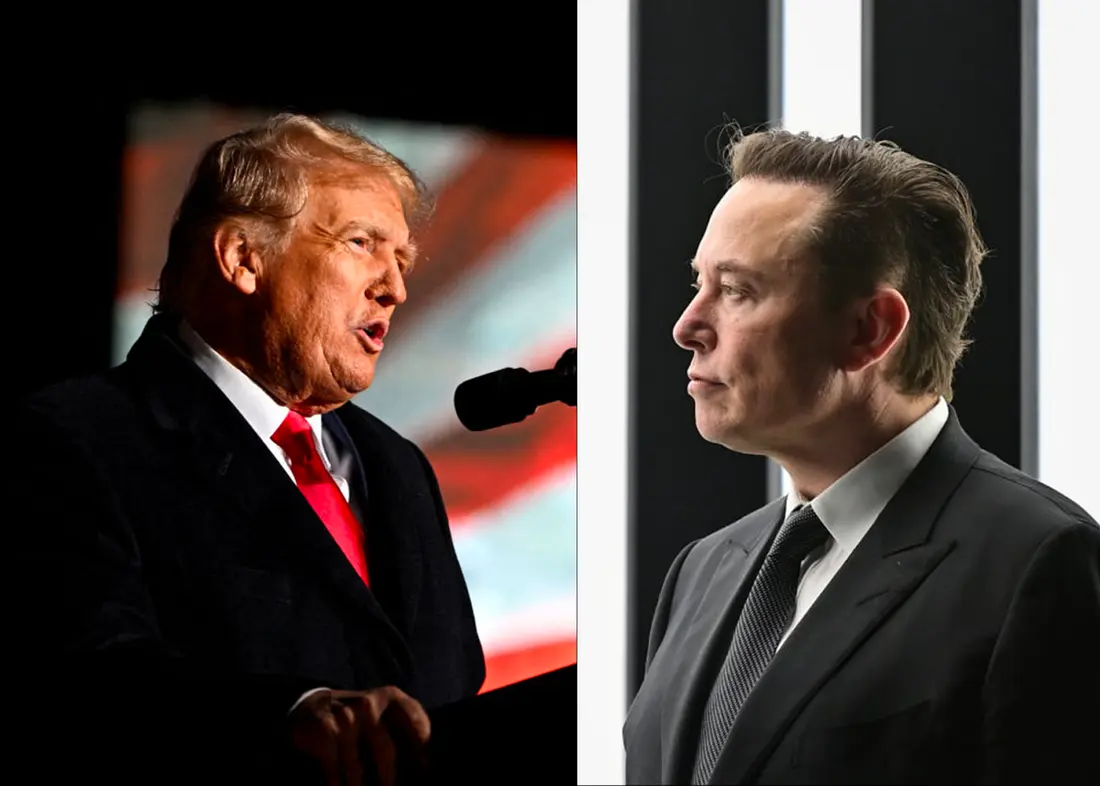Due to the uncertainty surrounding the proper regulation of cryptocurrencies, numerous disputes arise among nations. However, those lawmakers and leaders of countries that support cryptocurrencies often attract attention and even disapproval from other politicians.
Despite the complexities of cryptocurrency regulation, many countries, particularly in Europe, continue to enact legislation to regulate cryptocurrencies, establishing a clearer and more lawful environment for cryptocurrency entrepreneurs and investors. According to Scanbit, some of the most trusted cryptocurrency exchanges in Europe include WhiteBIT, ByBit, Coinbase, Gate.io, and Binance.
The United States’ approach to cryptocurrencies, in contrast to the leniency of Europeans, appears quite peculiar. For instance, a recent noteworthy situation involved Tom Emmer, a representative of the Republican Party in the United States, who emerged as a fervent supporter of cryptocurrencies and blockchain technology.
His interest in this emerging financial industry aligned with the stance of many European politicians, supporting the development of innovations in the realm of digital assets.
However, as is often the case in politics, not everyone shared his views. Former U.S. President Donald Trump and his supporters began to strongly oppose Tom Emmer’s nomination as Speaker of the House of Representatives. They expressed concerns about the impact of cryptocurrencies on financial stability and national security.
Nevertheless, Tom Emmer consistently upheld his support for cryptocurrencies and blockchain technology, even to the point of introducing a legislative initiative that would make it a legal requirement to oust Gary Gensler, the chairman of the Securities and Exchange Commission (SEC), who was known for his reservations about cryptocurrencies.
This story is part of a broader context in which global policymakers and regulators view cryptocurrencies as a significant phenomenon in the modern financial system and strive to strike a balance between innovation and regulation in this sphere.
Tom Emmer is one of crypto's strongest allies in congress.
He believes in open, peer-to-peer money. He's against digital authoritarianism. He understands crypto.
He was just nominated as speaker of the house.
Bullish.
— RYAN SΞAN ADAMS – rsa.eth (@RyanSAdams) October 24, 2023
If he were to be nominated, he would still need to secure the position by winning a vote in the House of Representatives. This is a challenge that several other Republican congressmen have tried but failed to accomplish in the past few weeks, following the significant removal of the former speaker.
Former President Trump cautioned House Republicans against supporting Representative Tom Emmer for the position of Speaker shortly after the conference nominated him. Trump, almost pleading with other Republicans, urged them to nullify his candidacy.
One such congressman, Matt Gaetz (R-FL), who himself initiated the removal of former Speaker Kevin McCarthy earlier this month, echoed Trump’s criticism of Emmer as soon as it was published, referring to it as a potential game-changer.
Twitter users also picked up this news, discussing it and expressing support for Tom Emmer’s nomination despite opposition from Trump.
Again, I am in support and voting for whoever is pro crypto, bitcoin and anti cbdc
Yes, access to more money grants access to better products and services
Social issues will heal on their own https://t.co/jFOlW6mh2P
— Wendy O (@CryptoWendyO) October 24, 2023
Kevin Mccarthy endorses @GOPMajorityWhip for Speaker!! And as you guys know, Tom Emmer is very, very crypto friendly.
BULLISH
— Satoshi Flipper (@SatoshiFlipper) October 22, 2023
The Connection between Donald Trump and Elon Musk with Cryptocurrencies
Let’s begin with former President Donald Trump, who, despite expressing skepticism towards cryptocurrencies during his presidential term, actively engaged with the crypto industry.
Donald Trump has witnessed significant gains thanks to cryptocurrency, particularly Ethereum (ETH), which has surged by $91,000 since he began holding it in December 2022.
Last year, he launched a project involving Non-Fungible Tokens (NFTs) titled “Trump Digital Trading Cards,” featuring his exclusive images. This project gained significant popularity, leading to the release of a second series of collectibles in April, which also quickly sold out.
In his typical bold and attention-grabbing social media post, the CEO of Tesla and SpaceX, Elon Musk, once again stirred the financial world by labeling “fiat currency” as a deceptive system.
The outspoken and fearless supporter of the Dogecoin token made this statement in response to a request to name a common scam that people tend to overlook, without providing any further context.
Fiat currency
— Elon Musk (@elonmusk) October 1, 2023
Donald Trump has complex relationships with many political figures and business community representatives. However, his relationship with Elon Musk, an entrepreneur and innovation pioneer, can be characterized as something quite special.
Publicly, Trump expressed his opposition to cryptocurrencies, considering them a potential threat to financial stability and national security. Nevertheless, in this context, his attitude towards Elon Musk proved to be an exception. Musk, known for his affection for cryptocurrencies, particularly Dogecoin, managed to earn Trump’s respect.
Despite Musk’s past playful jabs at Trump and criticism of him on social media, including the use of memes, he remained on Trump’s side when it came to the former president’s Twitter ban. Musk, who dubbed himself an “absolutist of free speech,” expressed discontent with ongoing bans and supported the idea that excluding Trump from the social platform was a mistake that failed to address the underlying issues.
So, what went wrong between Musk and Trump?
Despite his regular criticism, Trump calls Musk a “genius.” While in office, Trump frequently clashed with leaders who crossed his path, but somehow, Musk remained on his side, even though he occasionally mocked Trump’s politics and persona on social media through memes.
Musk referred to himself as a “free speech absolutist” and soon stated his opposition to permanent bans in general, including the ban on Trump. He argued that Twitter’s decision to expel Trump due to his rhetoric was a “mistake, as it alienated much of the country and ultimately did not lead to Donald Trump losing his voice.”
Conclusion
Ongoing debates and differing perspectives on regulation mark the dynamic between political figures and the cryptocurrency industry. However, former President Donald Trump opposing Tom Emmer’s nomination as Speaker of the House is driven by concerns about cryptocurrencies.
This controversy is part of a broader global context where policymakers seek to balance fostering innovation and ensuring adequate regulation in the evolving world of digital assets. This multifaceted landscape underscores the complexities and debates surrounding cryptocurrencies in the political arena.
Read more:

